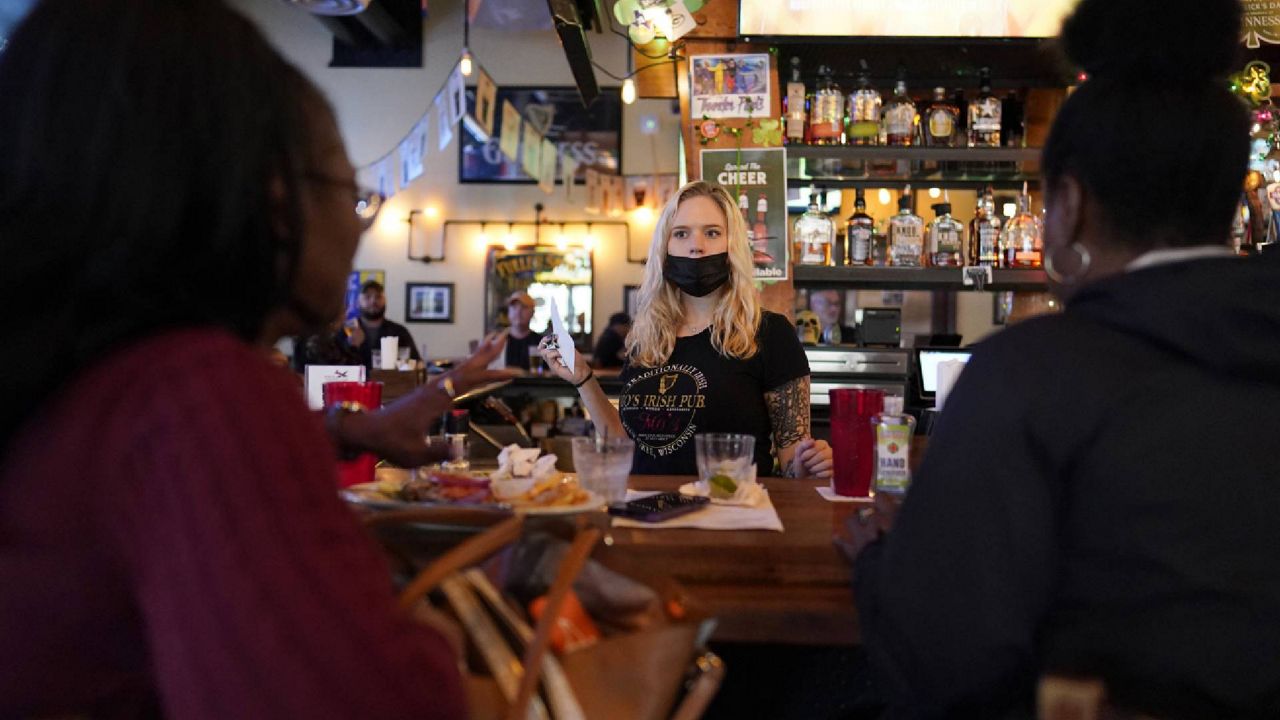Health officials issued a stark warning Monday about the loosening of COVID-19 protocols, as case numbers level off instead of continuing to decline and some areas of the country reopen.
As of this week, new daily cases continue to hover around 60,000 per day, and hospital admissions have stabilized as well. Deaths declined to an average of about 1,000 per day, the lowest since November, but deaths tend to lag behind the trend in cases and hospitalizations.
The numbers should serve as a "warning sign to the American people," said Dr. Rochelle Walensky, Director of the Centers for Disease Control and Prevention (CDC).
"We are at a critical point in this pandemic — a fork in the road where we as a country must decide which path we are going to take," Dr. Walensky said. "You must act now."
"I am worried that if we don't take the right actions now, we will have another avoidable surge, just as we are seeing in Europe right now," she added.
Officials noted scenes from Miami Beach over the weekend, where city officials extended a spring break curfew after large, unruly crowds began gathering at night, most without masks.
"We just don't want to be at this rapid uptake of cases again," Dr. Walensky said about travel. "And that results in an uptick of cases, hospitalizations, and then death …. I would just encourage people and remind people now is not the time to travel."
Less than 14% of the U.S. population has been fully vaccinated, according to a CDC tracker, and officials encouraged people to be patient over the next few months while more people get their shots.
For now, vaccinated people are still encouraged to avoid travel, though the CDC is likely to issue further guidance soon. Current guidelines say that vaccinated people can socialize in small groups without masks and also see other unvaccinated people from a single household as long as no one in that household is at high risk.
On Monday, officials also warned against reopening and relaxing COVID-19 measures due to the spread of virus variants, some of which are more infectious than the type of coronavirus already circulating in the U.S.
Two strains that were discovered in California — B.1.427 and B.1.429 — now account for more than half of the state’s cases and 40% of Nevada’s cases. The variant that was first detected in the United Kingdom, which spreads more quickly than others, now makes up nine percent of cases in New Jersey and eight percent of cases in Florida.
"Believe me, I get it. We all want to return to our everyday activities and spend time with our family and our loved ones," Dr. Walensky said. "But we must find the fortitude to hang in there for just a little bit longer."



